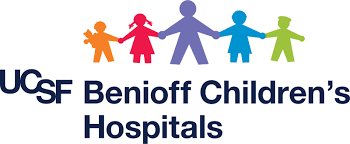BCH ANTI-RACISM ACTIVITIES
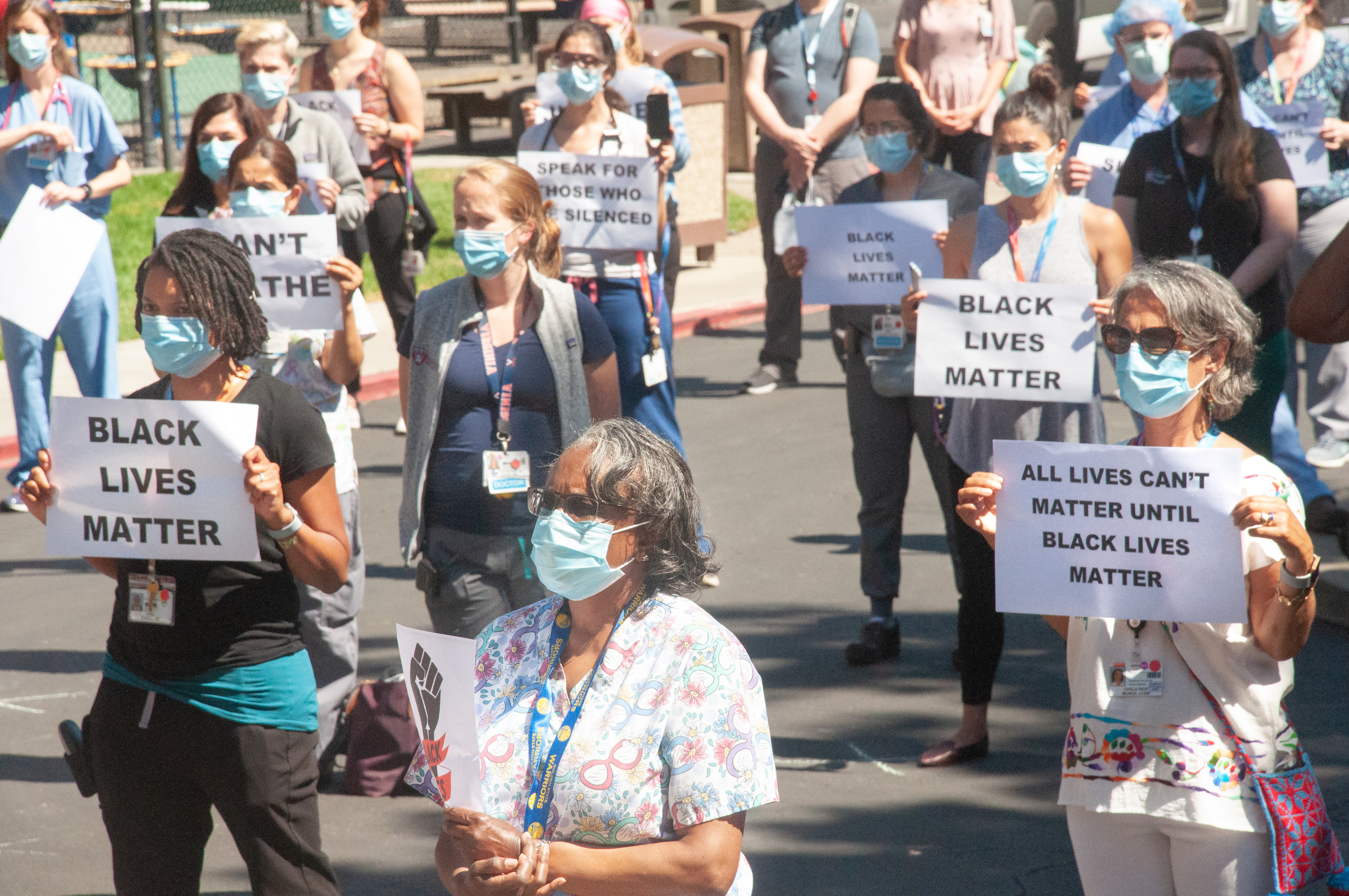
Moments of Solidarity
The BCH community came together to reflect on a country where Black lives mean so little that violent killing after violent killing has become a norm and where African Americans are disproportionately affected by the COVID-19 pandemic. For African Americans this moment is only a convergence of all of the racial violence, police brutality, health disparities, wealth gap and lack of access to education that has been the very fabric of the U.S. for 400 years.
The BCH community must come together to make this moment different, to make this a moment when we take decisive action to end injustices.
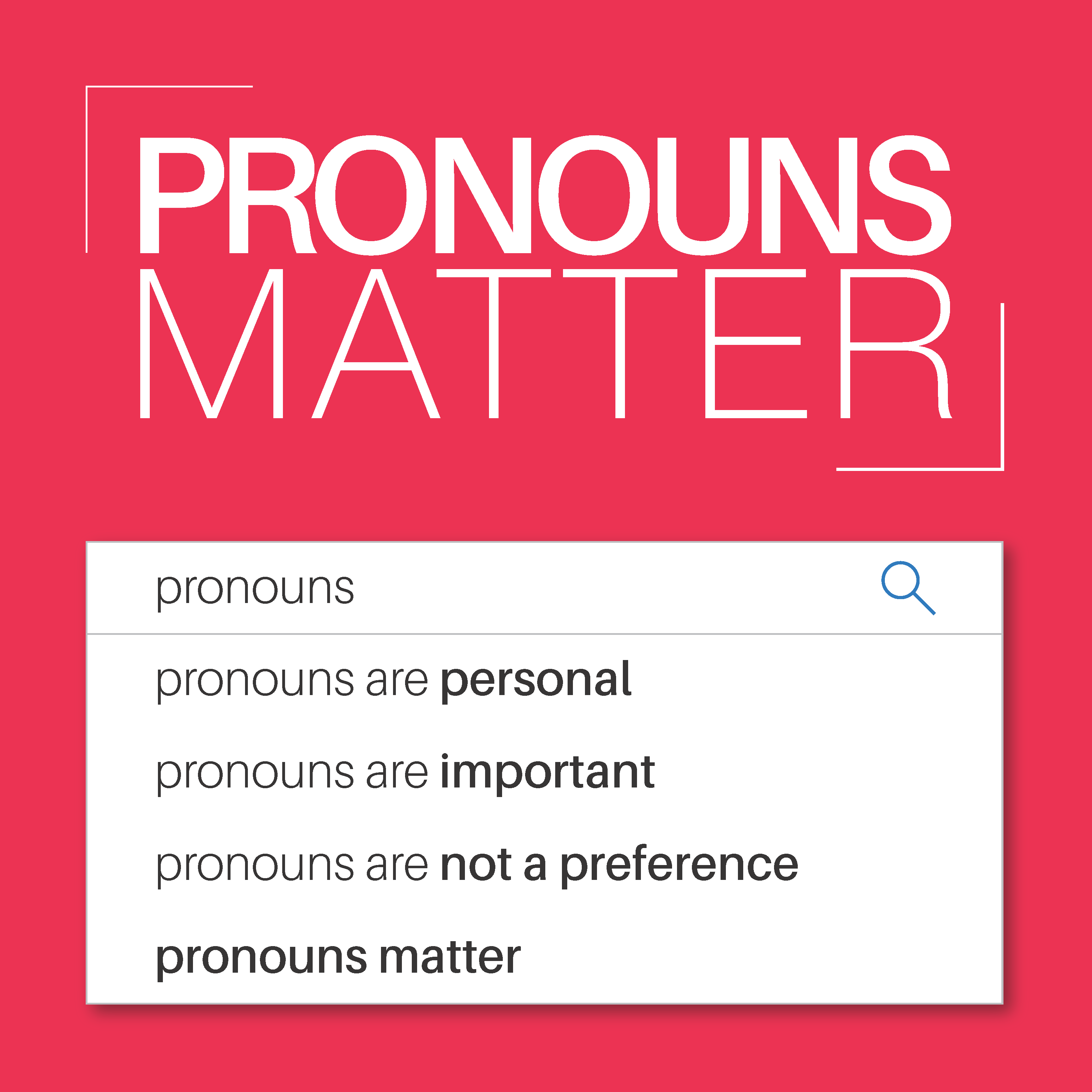
Pronouns Matter
As an anchor institution that recognizes and appreciates diversity, BCH strives to create an inclusive environment for all of our community members. It is important to offer opportunities for all members to share their gender pronouns in settings where they are asked to introduce themselves. Whether you are working with a colleague, peer, or patient – we want to allow for everyone to specifically indicate their pronouns so each individual feels safe navigating BCH.
These stickers aim to reduce instances of misgendering and to make it easier for you to know which pronouns to use for someone you just met, especially if you are not sure about their correct gender pronouns. We encourage everyone to add a pronoun sticker to your BCH ID badge. Stickers are already available in the the badging office in both BCH Oakland and Mission Bay.
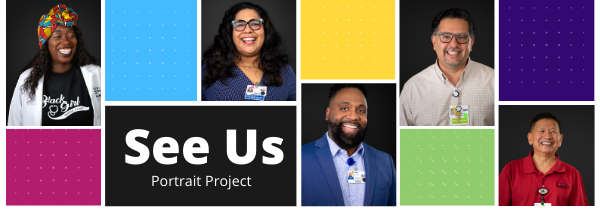
See Us Portrait Project
In honor of the Martin Luther King Jr. 2021 holiday, we launched the “See Us” Portrait Project. Organized by the UCSF Benioff Children’s Hospital Black Caucus, the project features portraits of our Black, Indigenous and People of Color (BIPOC) colleagues across our campus to celebrate the diversity that makes our community strong. Our goal is to create a sense of belonging for our patients and staff by enhancing diversity, inclusion, racial justice, and health equity.
Click HERE to view the webinar held on Wednesday, February 24, 2021
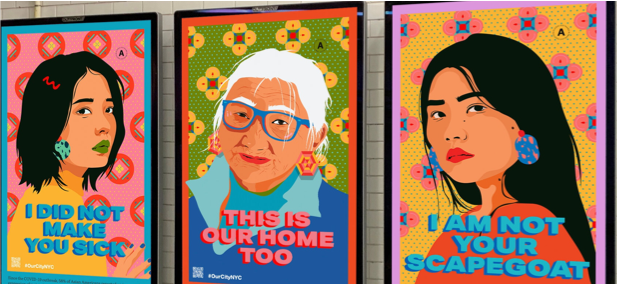
Stop Asian Hate
Violent acts against Asian Americans and Pacific Islanders (AAPI) communities have been on the rise. At UCSF, we are proud to be committed to dismantling anti-racism. Chancellor Sam Hawgood, UCSF Health CEO, Mark Laret, and Vice Chancellor of Diversity and Outreach, Renee Navarro issued an official statement (available in multiple languages) denouncing these racially motivated attacks. APASA also published a formal statement and included several ways for all of us to take action, speak up and be allies.
Our strength is our united communities. Together, we must speak up against racism and xenophobia of any kind while investing in our mental health through self-care and racial healing
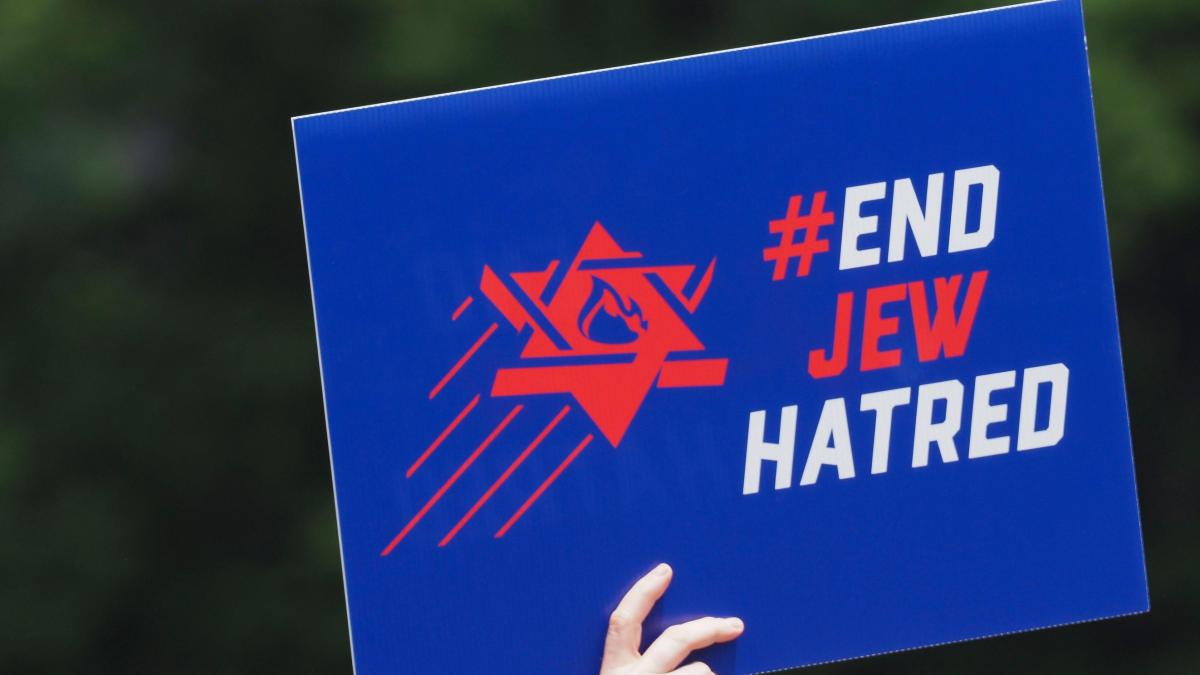
Supporting our Jewish Communities
As leaders of UCSF Benioff Children’s Hospitals and the BCH Diversity, Equity, Inclusion & Anti-Racism Council, we must lend our voices to the condemnation of escalating attacks against Jewish communities in the United States and abroad. At BCH, we do not tolerate discrimination, prejudice, or hatred in any form, and we stand in solidarity with all targeted communities as one.
UCSF RESOURCES
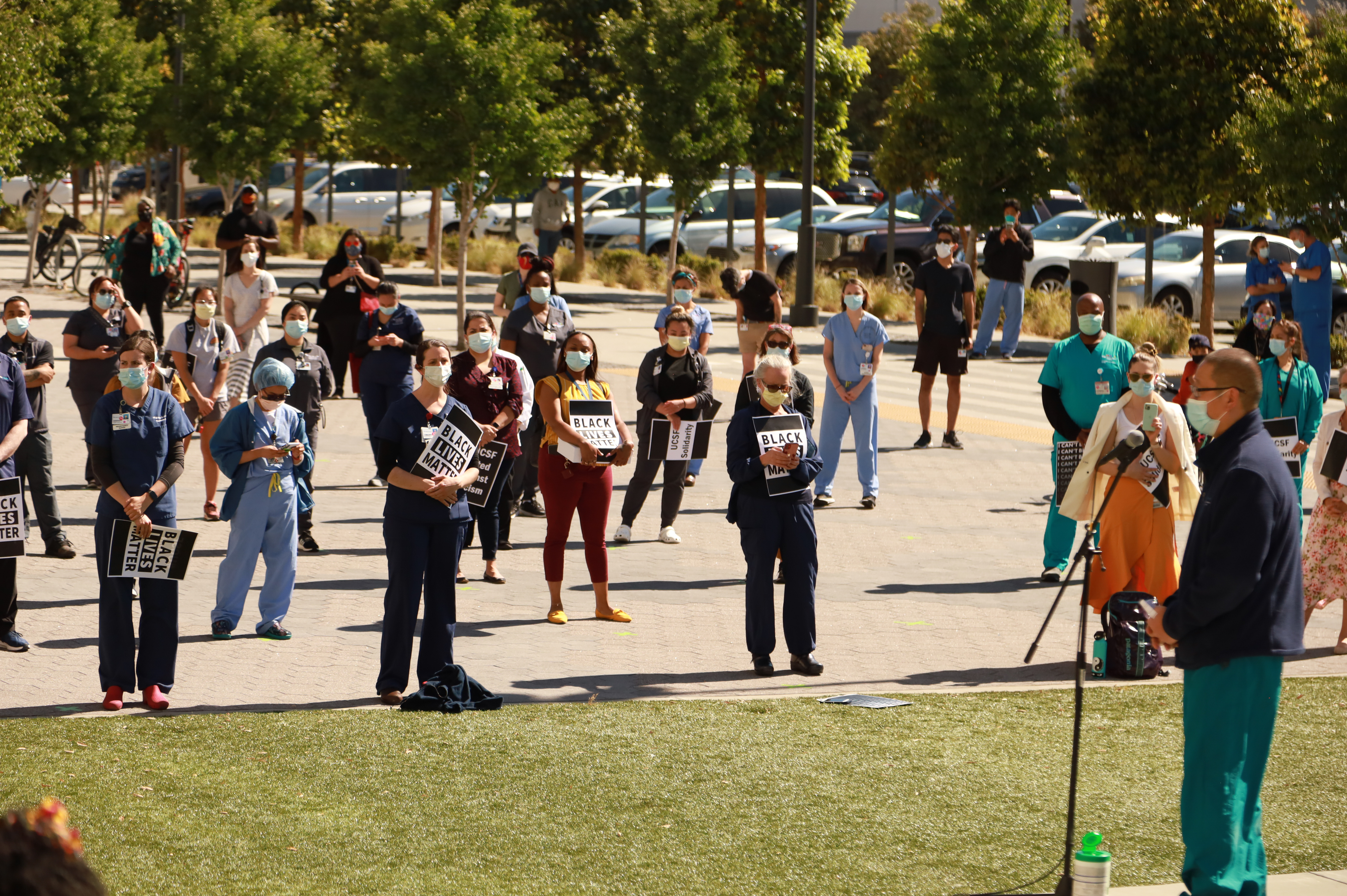
Anti-Racism Initiative
As an organization dedicated to improving health, UCSF must work to dismantle structural racism and the impact of bias. We must build and nurture diverse health care and science leaders, provide the highest quality of care to all of our patients, and live the full meaning of our principles of community and PRIDE Values. To achieve a community defined by these values, we have launched the UCSF Anti-Racism Initiative, partnering with leaders across campus and UCSF Health.
- Anti-Racism Resources at UCSF Library
The UCSF Library is committed to building a diverse and inclusive Library as a means of promoting health equality and counteracting historic and current systems of oppression. This guide is an overview of the anti-racist books and articles in the UCSF Library's collections, and is intended to support self-education for the UCSF community. This guide is by no means an exhaustive list of anti-racism resources, nor does it capture all of the many facets of the larger conversations about these issues. We hope this will inspire you to read, learn, and act.
- Anti-Racism & Racial Healing Webinars & Resources
The Office of Diversity and Outreach has curated a list of resources on anti-racism and racial healing for your self-guided learning.
- REPAIR Project Resource Repository
The REPAIR Project is a three year strategic initiative designed to address Anti-Black Racism and augment Black, Indigenous, People of Color voices and presence in Science and Medicine and healthcare. "REPAIR" is an acronym for REParations and Anti-Institution Racism, which provides the unifying theme behind this project.
- School of Medicine Anti-Oppression Curriculum (AOC Initiative) - Resources and Tools
The Anti-Oppression Curriculum (AOC) Initiative is committed to empowering both learners and educators to take action to advance health justice and equity. Their tools include a curricular review tool and resources for the clinical learning environment.
- Graduate Division guide to Talking about Race and Inequity in Science
This guide was created to help graduate students and postdoctoral scholars talk to their PIs about race and inequities in science and within their lab or research team. The guide is meant to offer concrete ideas for engaging in dialogue about race, while also acknowledging that these conversations cannot be approached monolithically, or without considering context and power dynamics.
RESOURCES
Unconscious Bias Education and Training
UCSF Office of Diversity and Outreach offers resources, definitions and trainings on Unconcious Bias.
Race Matters: How to Talk Effectively About Race
by Dorlee. Social Work Career
A Practioner's Guide for Advancing Health Equity - Community Strategies for Preventing Chronic Disease
Centers for Disease Control and Prevention
Anti-racism resources for white people
This document is intended to serve as a resource to white people and parents to deepen our anti-racism work. If you haven't engaged anti-racism in the past, start now.
"We are Living in a Racist Pandemic" says APA President
May 29, 2020. American Psychological Association
Your Black Colleagues May Look Like They're Okay - Chances Are They're Not
Danielle Cadet. May 28, 2020
Affirming Black Lives Without Inducing Trauma
Teaching Tolerance. May 8, 2020
Confronting Racism in Communities
Guidelines and Resources for Anti-Racism Training Workshops
Racial Equity Tools
Racial Equity Tools is designed to support individuals and groups working to acheive racial equity. This site offers tools, research, tips, curricula and ideas for people who want to increase their own understanding and to help those working toward justice at every level - in systems, organizations, communities and culture at large.
Asian American Racial Justice Toolkit
This toolkit is a project of love from the grassroots, from and by Asian American communities. As Asian Americans, we believe that our liberation is tied to Black liberation and we continue to dream about a world where all of our people will be free. The toolkit would not have been possible without the following organizations and individuals:
Syllabus: 21- Day Racial Equity Habit-Building Challenge
The Challenge invites participants to complete a syllabus of 21 short assignments (typically taking 15-30 minutes), over 21 consecutive days, that include readings, videos or podcasts. It has been intentionally crafted to focus on the Black American experience. The assignments seek to expose participants to perspectives on elements of Black history, identity and culture, and to the Black community’s experience of racism in America. Even this focus on Black Americans cannot possibly highlight all of the diversity of experiences and opinions within the Black community itself, much less substitute for learnings about any other community of color. This syllabus is but an introduction to what we hope will be a rewarding journey that extends far beyond the limits of this project.
Dismantling Racism Works Web Workbook
This website is a web-based version of a workbook designed originally to support the Dismantling Racism workshop offered by Dismantling Racism Works, a training collaborative that is not offering workshops or consulting support at this time. The workshop was one step in a longer process developed initially by Kenneth Jones and Tema Okun over three decades ago. It builds on the work of many people, including (but not limited to) Andrea Ayvazian, Cynthia Brown, Bree Carlson, Beverly Daniel Tatum, Eli Dueker, Nancy Emond, Jonathan Henderson, Vivette Jeffries-Logan, Michelle Johnson, Jonn Lunsford, Jes Kelley, Sharon Martinas, jona olsson, Suzanne Plihcik, Christina Rivera-Chapman, David Rogers, James Williams, Sally Yee, as well as the work of the Peace Development Fund, Grassroots Leadership, Equity Institute Inc, the People’s Institute for Survival and Beyond, the Challenging White Supremacy workshop, the Lillie Allen Institute, the Western States Center, and the contributions of the many participants in the DR workshops over so many years. Many people’s Wthinking and experience have contributed to the resources you will find here.
White Supremacy Culture - Tema Okun
This is a list of characteristics of white supremacy culture that show up in our organizations. Culture is powerful precisely because it is so present and at the same time so very difficult to name or identify. The characteristics listed below are damaging because they are used as norms and standards without being proactively named or chosen by the group. They are damaging because they promote white supremacy thinking. Because we all live in a white supremacy culture, these characteristics show up in the attitudes and behaviors of all of us – people of color and white people. Therefore, these attitudes and behaviors can show up in any group or organization, whether it is white-led or predominantly white or people of color-led or predominantly people of color.
ARTICLES
Policy Statement: The Impact of Racism on Child and Adolescent Health
Maria Trent, MD, MPH, FAAP, FSAHM,a Danielle G. Dooley, MD, MPhil, FAAP,b Jacqueline Dougé, MD, MPH, FAAP,c Section on Adolescent Health, Council on Community Pediatrics, Committee on Adolscence. American Academy of Pediatrics. Volume 144, number 2, Augsut 2019
The Greatest White Privilege Is Life Itself
By Ibram X. Kendi. The Atlantic. October 24, 2019
Miles to Go before We Sleep: Racial Inequities in Health
by David R. Williams. Journal of Health and Social Behavior 53(3) 279-295
The Many Ways Institutional Racism Kills Black People
by Khiara M. Bridges. Time. June 11, 2020
Minneapolis Police use Force Against Black People at 7 Times the Rate of Whites
By Richard A Oppel Jr. and Lazaro Gamio. The New York Times. June 3, 2020
Black Americans 2.5X More Likely Than Whites to be Killed by Police
by Willem Roper. Statista. June 2, 2020
Risk of being killed by police use of force in the United States by age, race-ethnicity and sex
by Frank Edwards, Hedwig Lee, and Michael Esposito. August 5, 2019
- about 1 in every 1,000 black men can expect to be killed by police
American police shoot, kill and imprison more people than other developed countries. Here's the data
By Rob Picheta and Henrik Pettersson, CNN. June 8, 2020
- Police are 4X more likely to use force on black people than white people
- Black Americans make up a third of the US prison population, despite only making up around an eighth of the country's total population.
These 4 charts describe police violence in America
by Tucker Higgins and John W. Schoen. CNBC. June 4, 2020.
Asian Americans, Here's How We Can Be Better Allies to the Black Community
by Yerin Kim. Popsugar. June 10, 2020
BOOKS
White Fragility: Why It's So Hard for White People to Talk About Racism by Robin DiAngelo. June 26, 2018
White Rage: The Unspoken Truth of Our Racial Divide by Carol Anderson. September 5, 2017
The New Jim Crow: Mass Incarceration in the Age of Colorblindness by Michelle Alexander. January 16, 2012
Books to Read for a Better Understanding of Systemic Racism, Whiteness and the Black Experience
by Morgan Smith and Sam Gillette. People. June 11, 2020
This List of Books, Films and Podcasts About Racism is a Start, Not a Panacea
by Isabella Rosario. NPR. June 6, 2020
An Anti-Racist Graphic Novel Reading List
by Publishers Weekly Staff. Publishers Weekly. June 11, 2020
